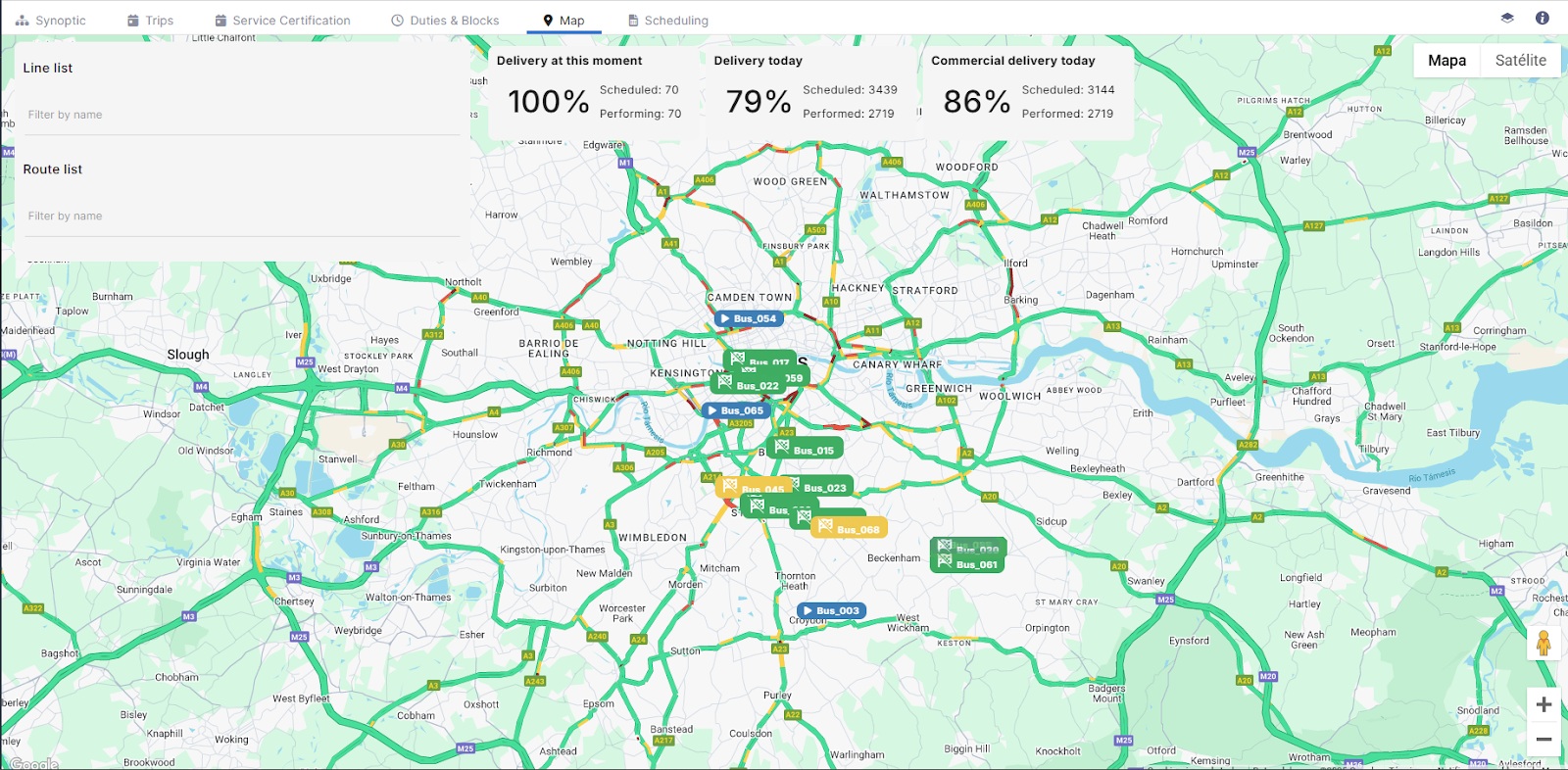
Optibus has launched Control, the live operations solution of Optibus’ software, which the company says adds a new element to its end-to-end platform experience.
Control is a modular cloud solution designed to give public transportation providers command over live service delivery and operations.
It combines real-time visibility with smart decision-making tools. The solution gives operations teams the tools needed to monitor and adapt services in the moment, leading to fewer service disruptions, improved regulatory compliance and on-time performance as well as faster communication between the control centre, drivers and passengers.
Control is also vendor-agnostic, able to connect seamlessly to in-vehicle systems, enabling real-time driver guidance, messaging, onboard passenger announcements and safety features such as CCTV and emergency alerts.

Optibus Control is built for depot managers, dispatchers and anyone in charge of running a daily service. With Control, operations teams have full visibility into and control over real-time service delivery in one place.
Amos Haggiag, CEO and co-founder of Optibus, said it’s “a major step forward” in transforming service delivery and the passenger experience.
“Control delivers on Optibus’ mission to build a fully unified platform for public transportation management. Through continuous feedback between planning and real-time operations, we’re enabling operators to plan and deliver better transportation networks faster,” he said.
Key benefits of Control include real-time monitoring to give a control centre live visibility into vehicle location, performance metrics and service status, plus the tools to manage service disruptions in real time. Control centres can manage and reassign crew duties and communicate with drivers in real time to keep services moving smoothly.
Importantly, Control is scalable to operational demands, be it deploying basic compliance features on a few vehicles or running a full-scale control centre for a large fleet. Operators enjoy regular product updates, easy installations, minimal maintenance and costs that are up to 75% lower than legacy systems, according to Optibus.










